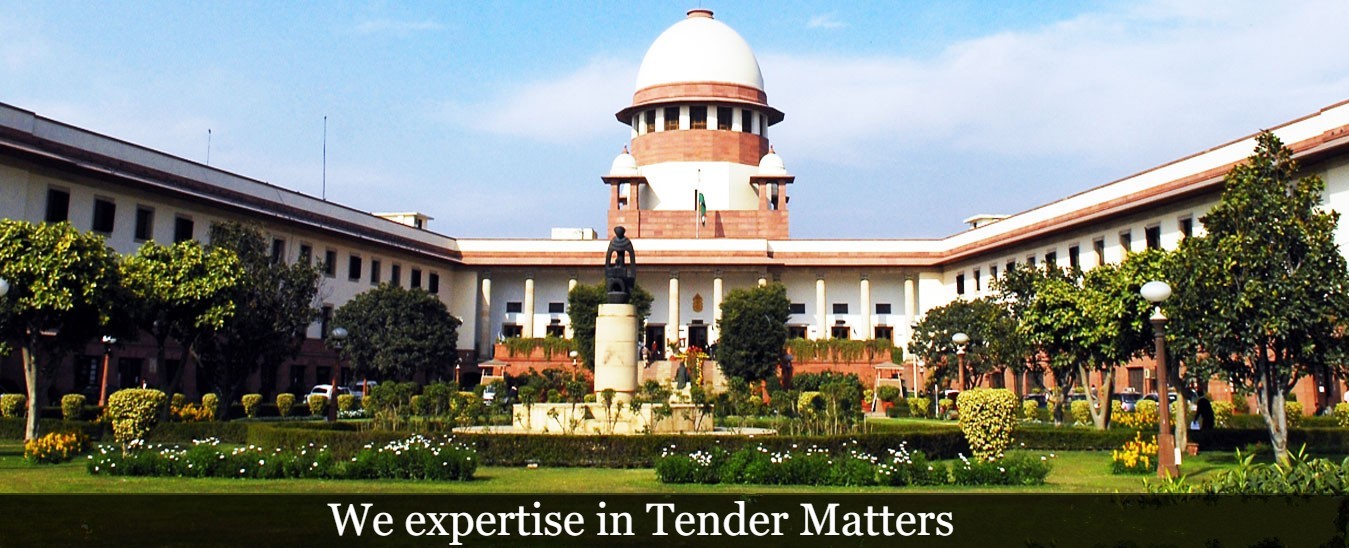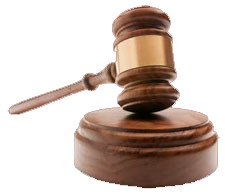 |
|
Hastings Chambers
Mobile No. : 98311 03325
Phone No. : +91-33-2242 8829 / 30 / 2248 4094 (Timing : 10:30am - 5:00 pm)
E-mail : utpalmajumdaradvocates@gmail.com |
|---|
| Home | I | About Us | I | Partners | I | Clientele | I | Our Judgments | I | Area of Expertise | I | Legal Aid | I | FAQ | I | Office Gallery | |||||||||||
|---|---|---|---|---|---|---|---|---|---|---|---|---|---|---|---|---|---|---|---|---|---|---|---|---|---|---|---|
|
|||||||||||||||||||||||||||





CONSTITUTIONAL LAW |
|
Constitutional law
is a body of law dealing with the distribution and
exercise of government power. |
FUNCTIONS OF CONSTITUTIONS |
|
State and legal
structure |
 |
|
Human rights Some countries like the
United Kingdom have no entrenched document setting out
fundamental rights; in those jurisdictions the
constitution is composed of statute, case law and
convention. A case named Entick v. Carrington illustrates
a constitutional principle deriving from the common law.
John Entick's house was searched and ransacked by Sherriff
Carrington. Carrington argued that a warrant from a
Government minister, the Earl of Halifax was valid
authority, even though there was no statutory provision or
court order for it. The court, led by Lord Camden stated
that. Inspired by John Locke, the fundamental constitutional principle is that the individual can do anything but that which is forbidden by law, while the state may do nothing but that which is authorized by law. Inspired by John Locke, the fundamental constitutional principle is that the individual can do anything but that which is forbidden by law, while the state may do nothing but that which is authorized by law.
Inspired by John Locke, the fundamental constitutional principle is that the individual can do anything but that which is forbidden by law, while the state may do nothing but that which is authorized by law. Legislative
procedure |
STUDY OF CONSTITUTIONAL LAW |
|
Constitutional law is a major focus of legal studies and research. For example, most law students in the United States are required to take a class in Constitutional Law during their first year, and several law journals are devoted to the discussion of constitutional issues. |
THE RULE OF LAW |
|
The doctrine of the rule of law dictates that government must be conducted according to law. Dicey identified three essential elements of the British Constitution which were indicative of the rule of law: 1. Absence of arbitrary power; 2. Equality before the law; 3. The constitution is a result of the ordinary law of the land. |
| Home | About Us | Partners | Clientele | Our Judgements | Area of Expertise & Services / Practise Area | Legal Aid | FAQ | Office Gallery | Career | Office Location | Enquiry | Contact | Social Work Activities | News | ||
|
||
